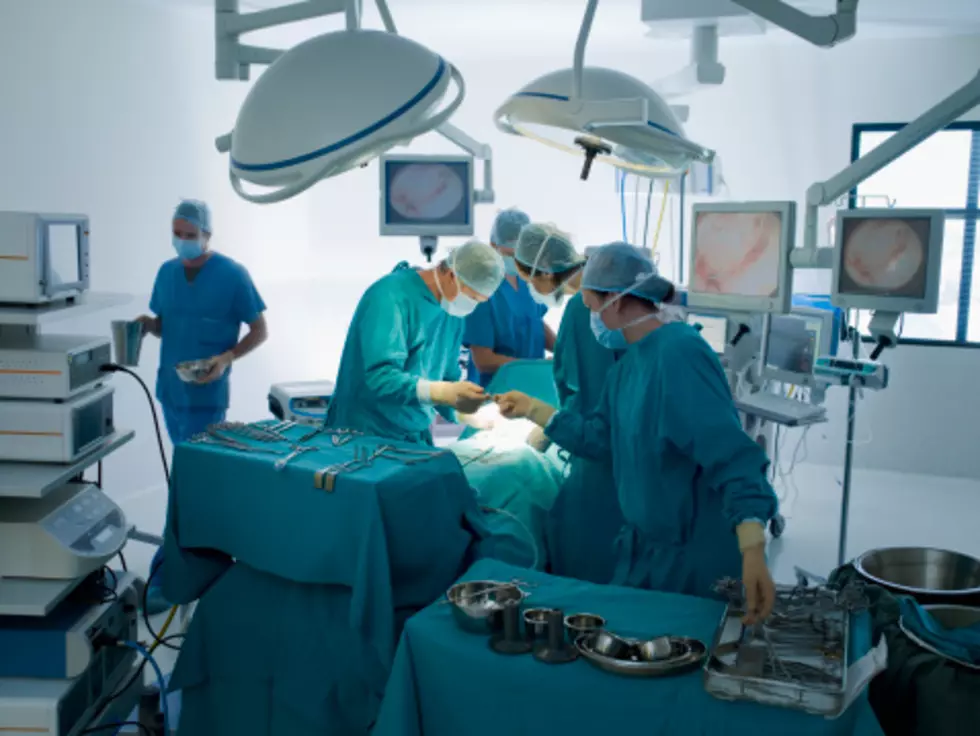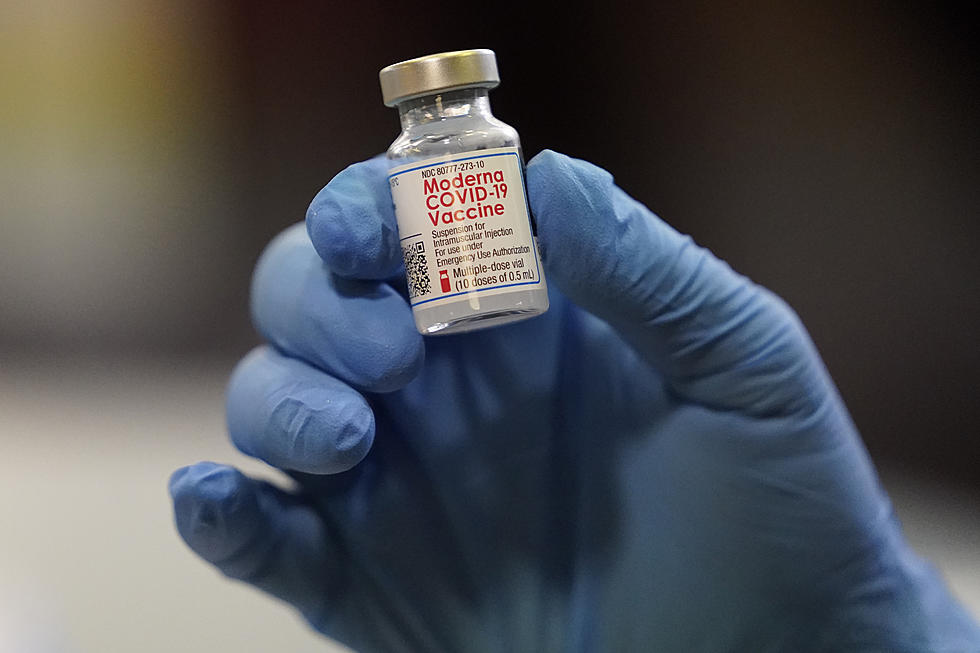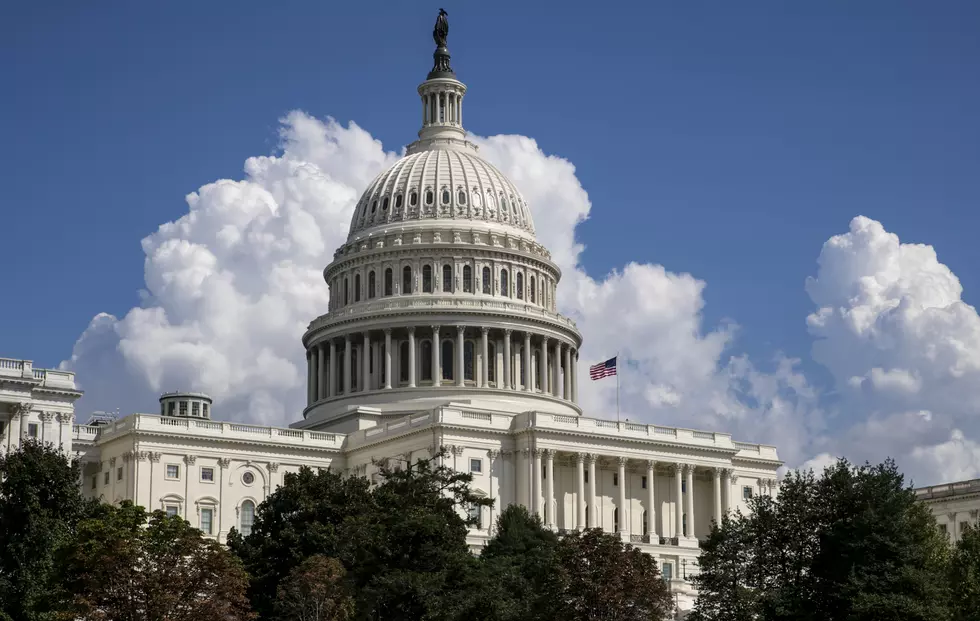![Early, Elective Births Drop in NJ [AUDIO]](http://townsquare.media/site/385/files/2014/03/RS5059_464452875-scr.jpg?w=980&q=75)
Early, Elective Births Drop in NJ [AUDIO]
New Jersey hospitals have been making great strides in reducing the number of early and elective deliveries inside their maternity wards.
A report released this week by The Leapfrog Group, an initiative focused on the quality of health care, found the number of births performed before the full 39 weeks, without medical necessity, has significantly fallen over the past three years.
"We are at 4 percent, which is actually less than the national average," said Amanda Melillo, policy associate at the New Jersey Health Care Quality institute, Leapfrog's regional rollout.
Newark Beth Israel Medical Center boasted impressive results; just 1.2 percent of their births last year were both early and elective, compared to 23 percent in 2010. Hackensack University Medical Center dropped from 36 percent in 2010 to 3 percent last year.
The state health department launched its effort against all early, elective deliveries in 2009. The American College of Obstetricians and Gynecologists has advised against these deliveries for decades, according to The Leapfrog Group.
"Early, elective deliveries carry risks to babies and the mothers," Melillo said. "These babies have a higher likelihood of death, a higher likelihood of being admitted to a NICU -- a neonatal intensive care unit -- and a higher likelihood of having lifelong health problems."
Some New Jersey hospitals "still have some work to do," Melillo said. Last year at Saint Peter's University Hospital in New Brunswick, more than 28 percent of deliveries were conducted before 39 months with no medical urgency.
More From New Jersey 101.5 FM









